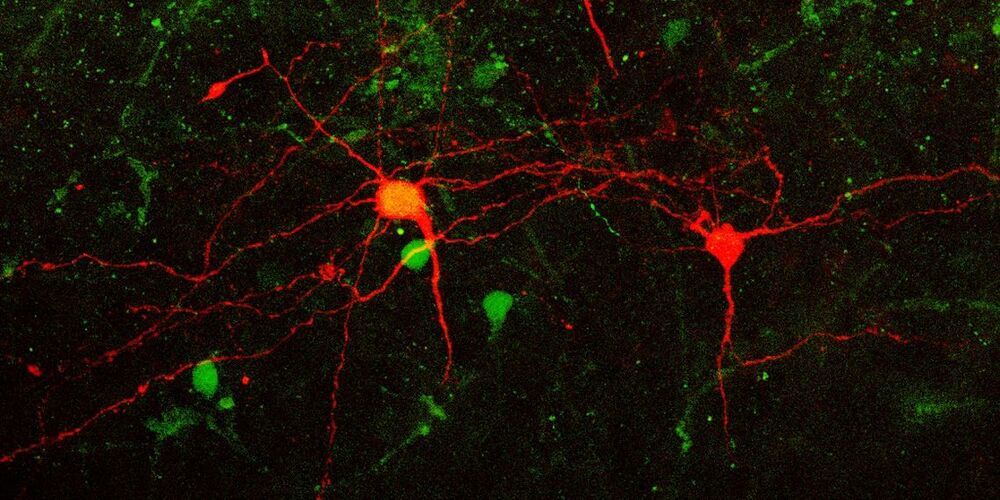Harvard scientists have found that a single dose of psilocybin given to mice induces a rapid and long-lasting increase in connections between pyramidal neurons in the medial frontal cortex, an area of the brain known to be involved in control and decision-making. Their new findings are published in the journal Neuron.
Psilocybin — the active component in so-called “magic” mushrooms — has been shown to have profound and long-lasting effects on personality and mood. Preliminary studies have provided hope that psilocybin could help to relieve depression symptoms and treat other mental disorders. But the mechanisms behind these effects remain unclear.
A team of researchers at Yale University were interested in examining whether the lasting therapeutic effects of psilocybin might be caused in part by the substance’s ability to enhance neuroplasticity in the brain.
